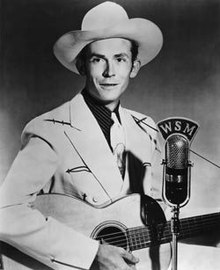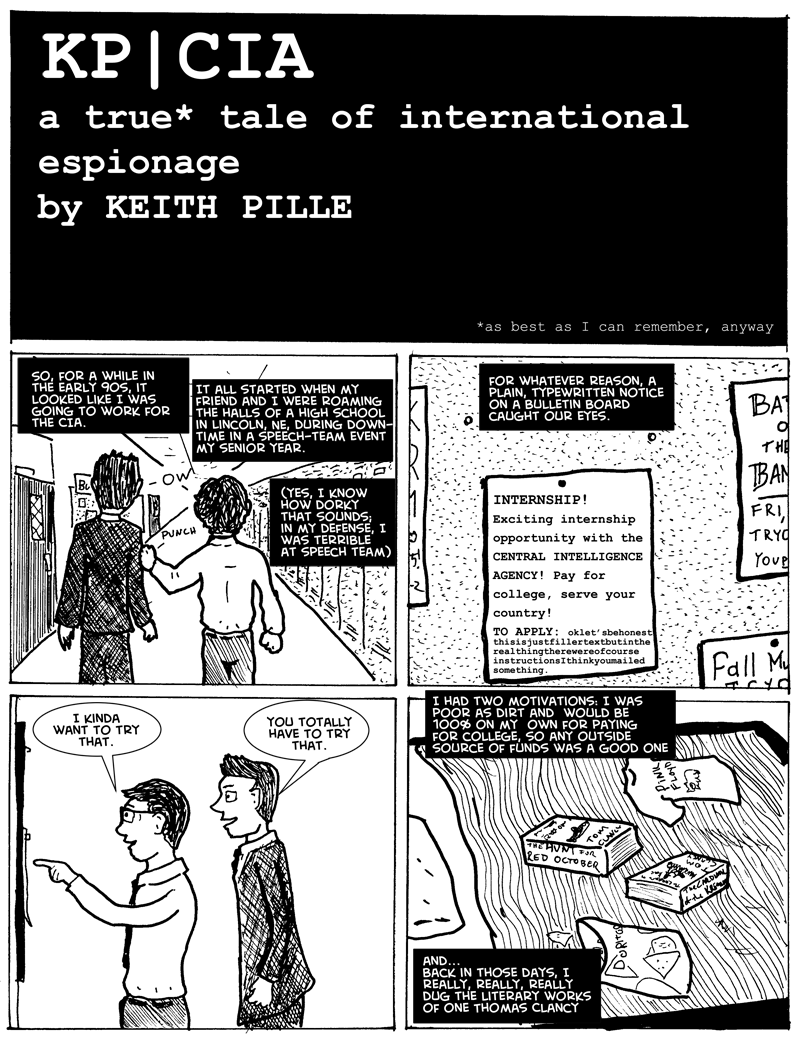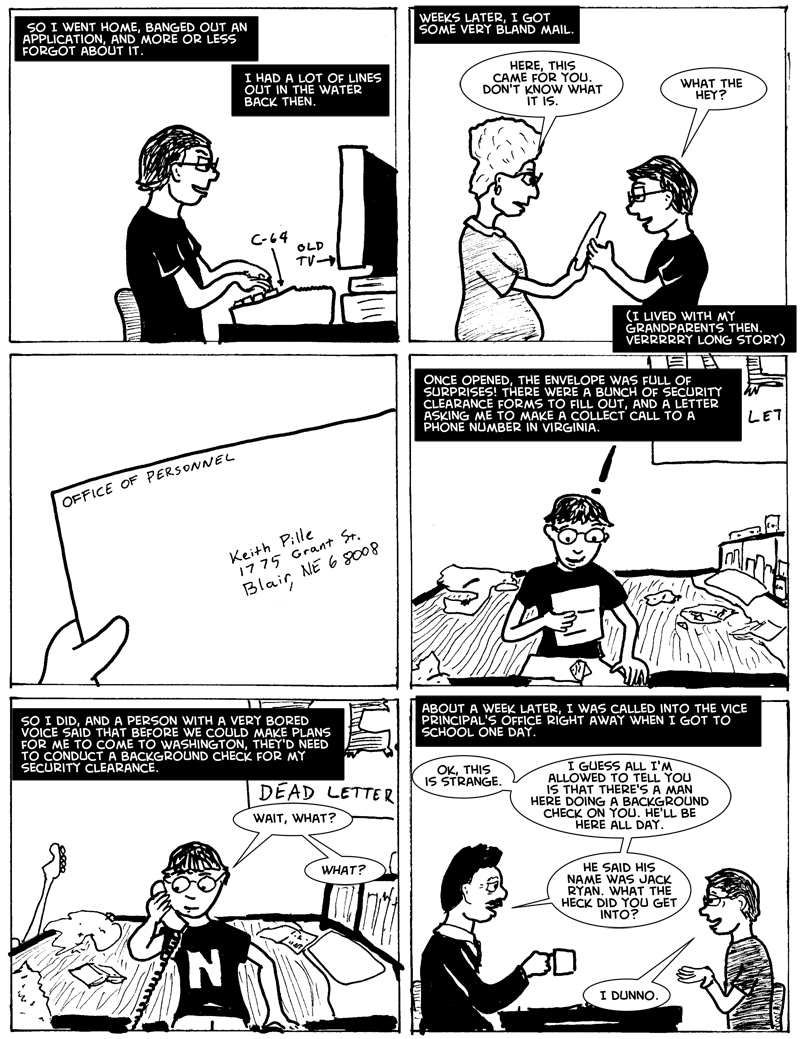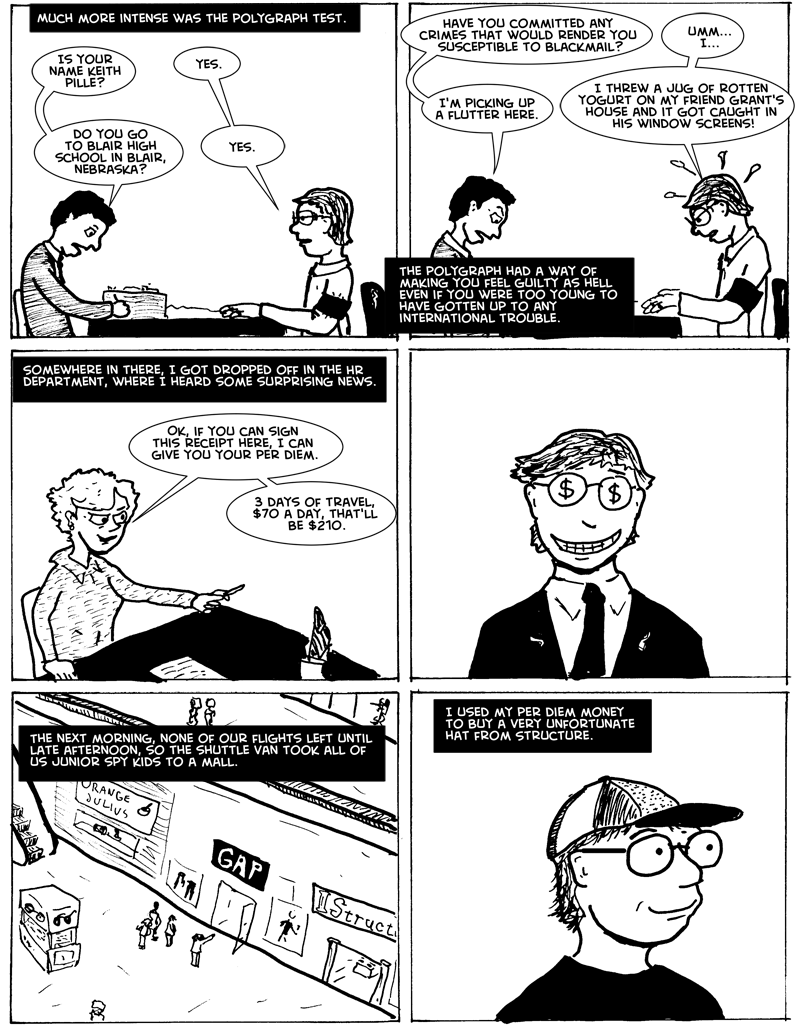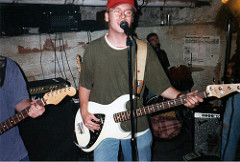A Life in Film is a project where I’m writing about a movie from every year I’ve been alive.
1982: I Feel Young
STAR TREK II: THE WRATH OF KHAN (dir. Nicholas Meyer)
As this project itself will tell you, I was born at the end of 1974. It’s 2024 now; you can do some math (actually, doing the math will trick you, because I was born on one of the very last days of 1974, so usually it works better if you just assume ’75. Anyway. Close enough). I suffer from Crohn’s Disease in a way that, although it responds pretty well to medication, does mean that periodically my knuckles swell up and my hands in general just kind of say “I don’t feel like doing that.” RC and I took a vacation in January of 2020 and wound up taking a lot of pictures; in those pictures, I look like I could pass for late-30s. Of course, covid kicked off right after that, and if I look in a mirror and compare it to those pre-covid pics, I see a lot more gray hair, some permabags under my eyes, and generally a guy that absolutely no one would look at and think was a day younger than 49.
In other words: a lot of time these days, I feel kinda old. Not super old, mind you. But getting there (don’t worry, I’m fine). And this, of course, just makes me love Wrath of Khan even more.

Somehow, almost all of the original-cast Trek movies are in some way about grappling with middle age or beyond (I suppose this is probably just because the cast itself was aging; just looked it up and I’m currently just a touch younger than Shatner was when he made Khan, although I’m older than he was when he was worried about being old and out of touch in Star Trek: The Motion Picture).* Of all of them, Khan always did the best at grappling with the question of middle age, probably because it nests the question into a crackling story of adventure at sea that happens to be in space. Set aside the sci-fi trappings, and Khan is Hornblower in Space, executed extremely well.
Continue reading A LIFE IN FILM #9 – STAR TREK II: THE WRATH OF KHAN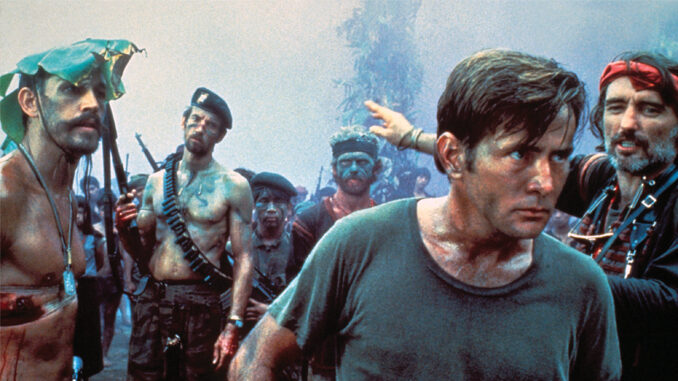
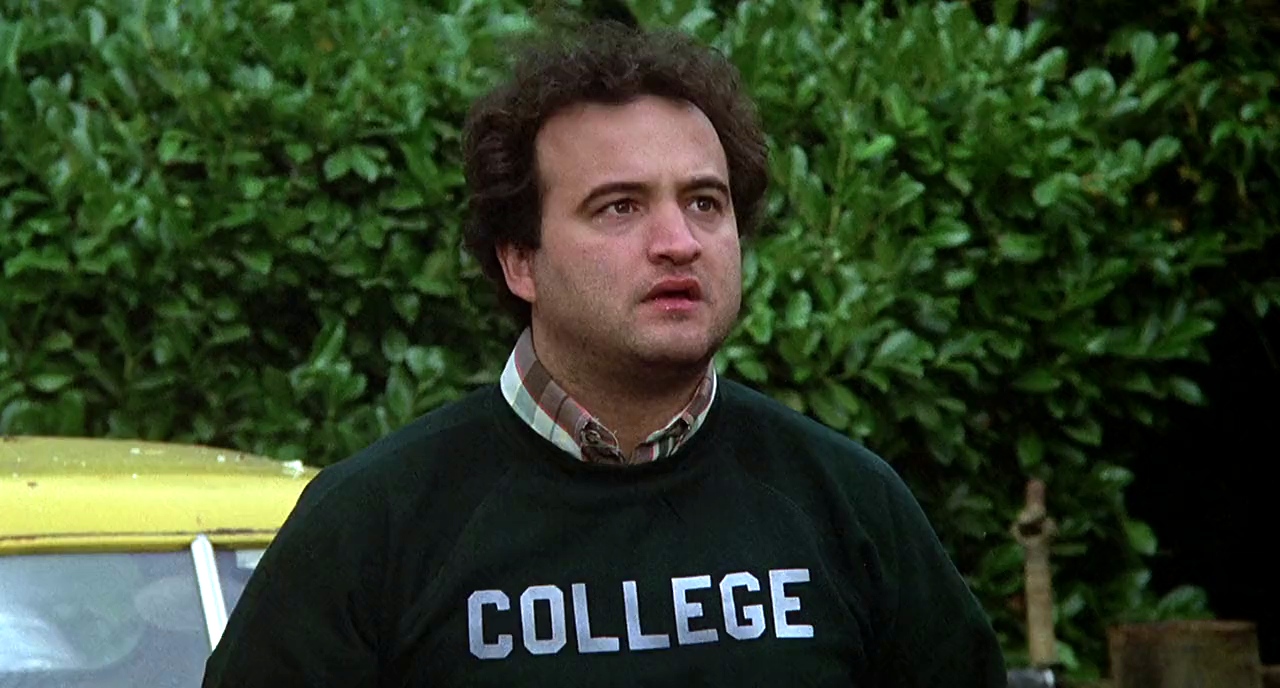
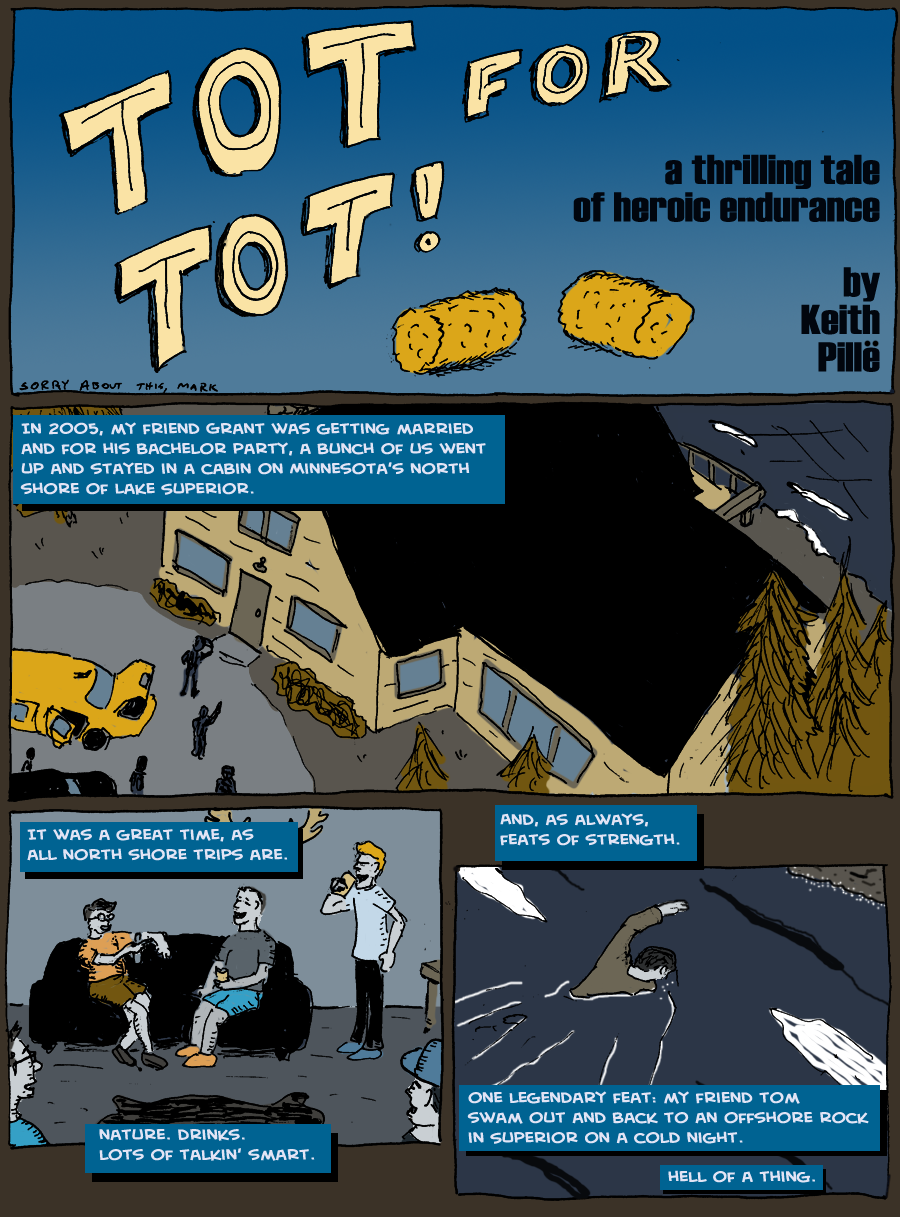
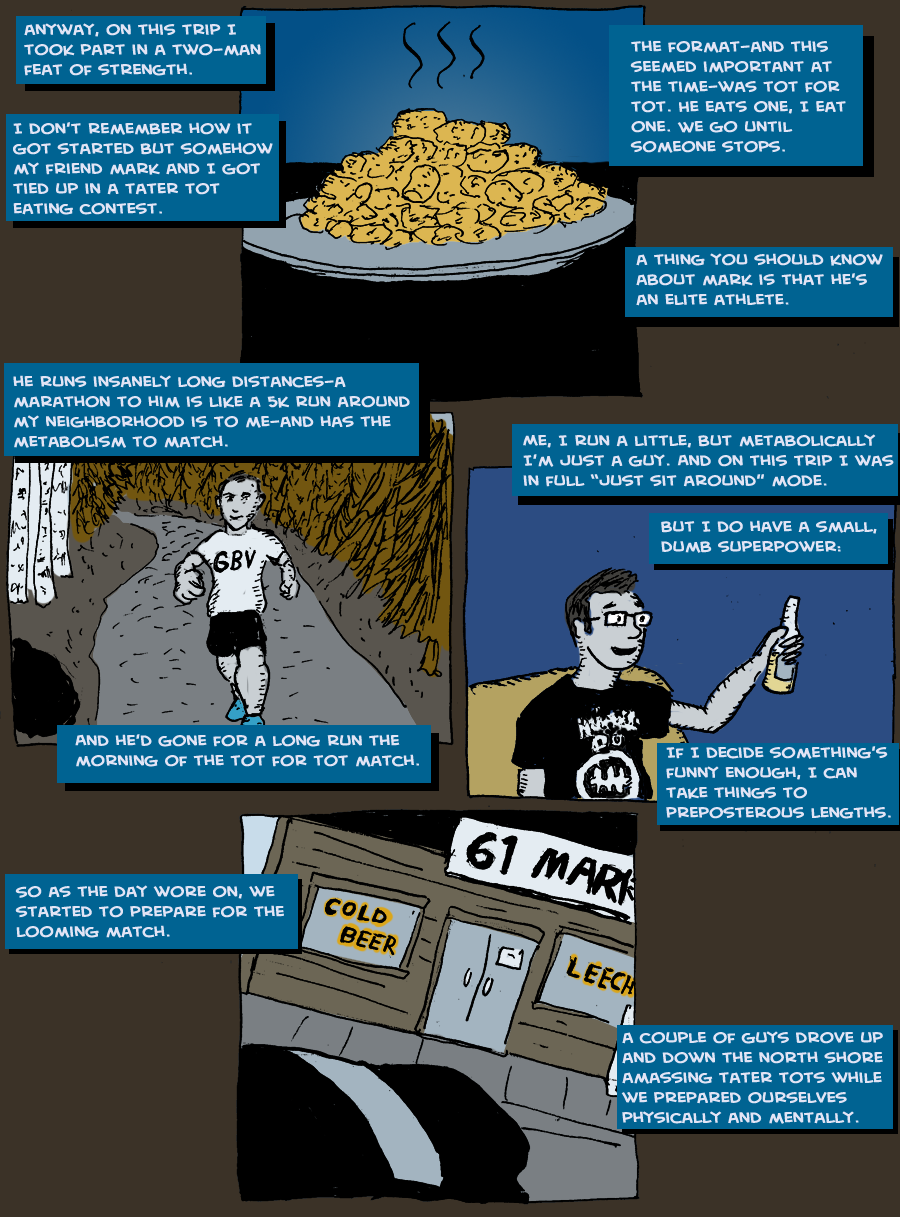
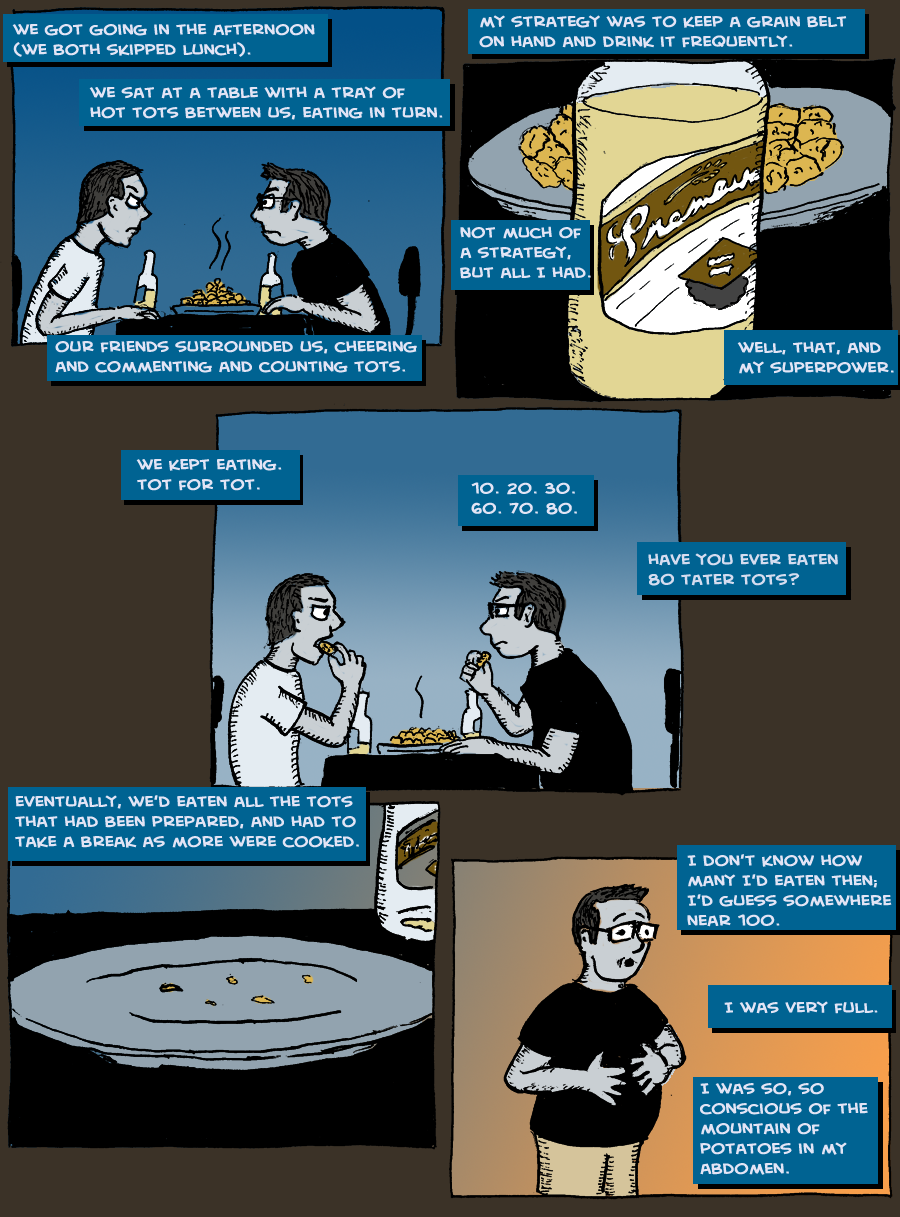
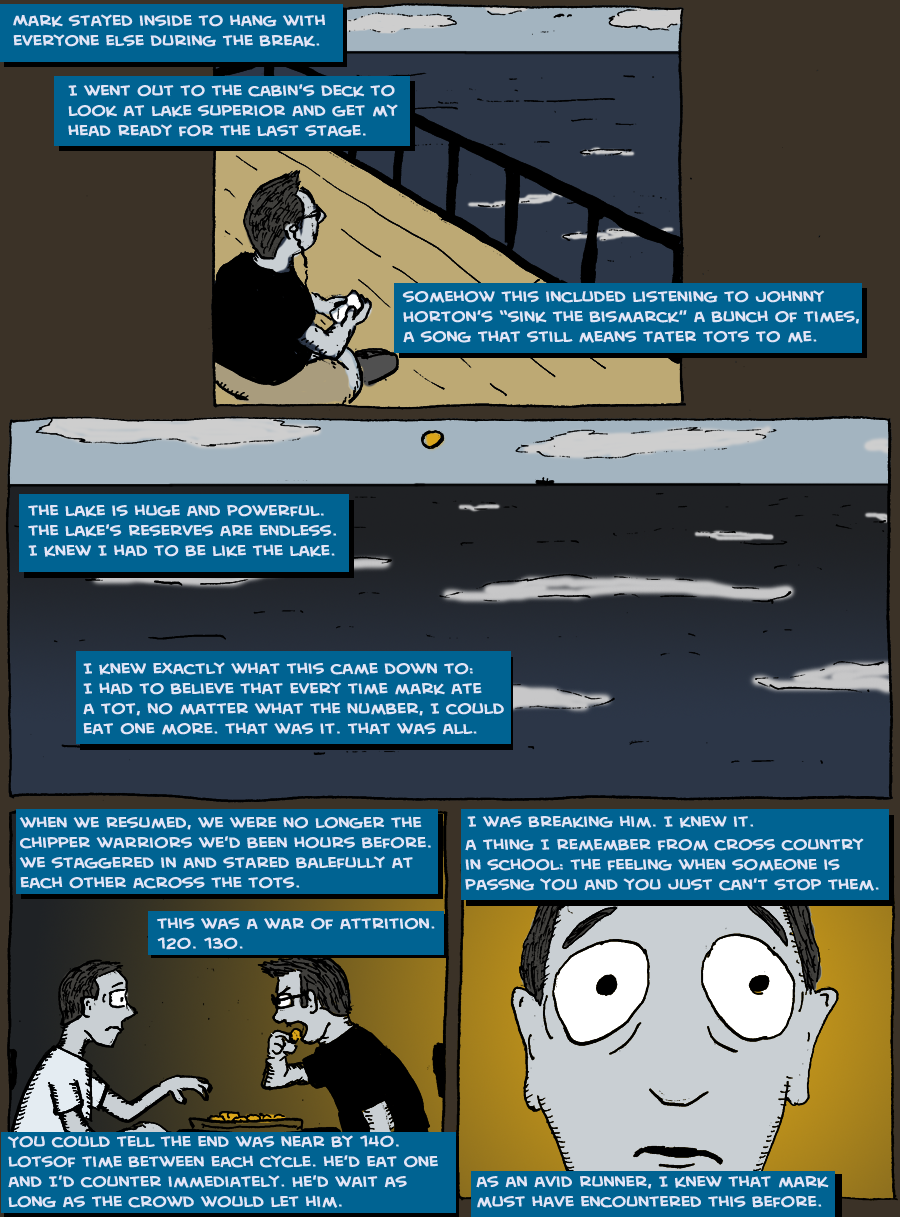
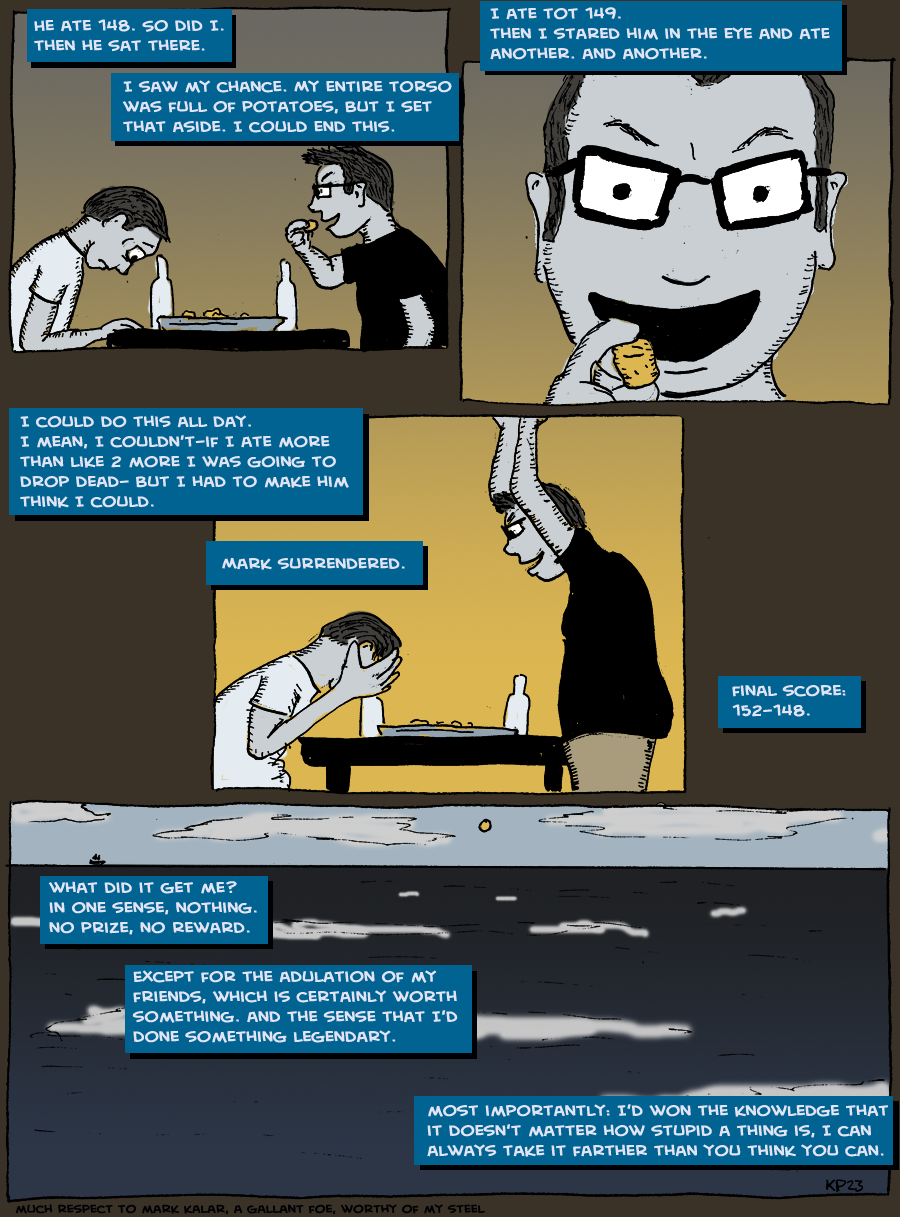

 I lived with my grandparents during my senior year of high school. Surprisingly, given what was coming, this didn’t have anything to do with a big rupture with my parents or anything like that; my father had gotten a job in a tiny town in northwest Missouri, and I was convinced that graduating towards the top of a class of 8 people wouldn’t look as appealing to colleges as doing pretty well in a class of 230. So I suggested to my parents that maybe it made sense for me to stay in Blair, and they agreed. Legal guardianship was set up and, the day after I finished my junior year, I moved into what had been my grandmother’s bedroom.
I lived with my grandparents during my senior year of high school. Surprisingly, given what was coming, this didn’t have anything to do with a big rupture with my parents or anything like that; my father had gotten a job in a tiny town in northwest Missouri, and I was convinced that graduating towards the top of a class of 8 people wouldn’t look as appealing to colleges as doing pretty well in a class of 230. So I suggested to my parents that maybe it made sense for me to stay in Blair, and they agreed. Legal guardianship was set up and, the day after I finished my junior year, I moved into what had been my grandmother’s bedroom.